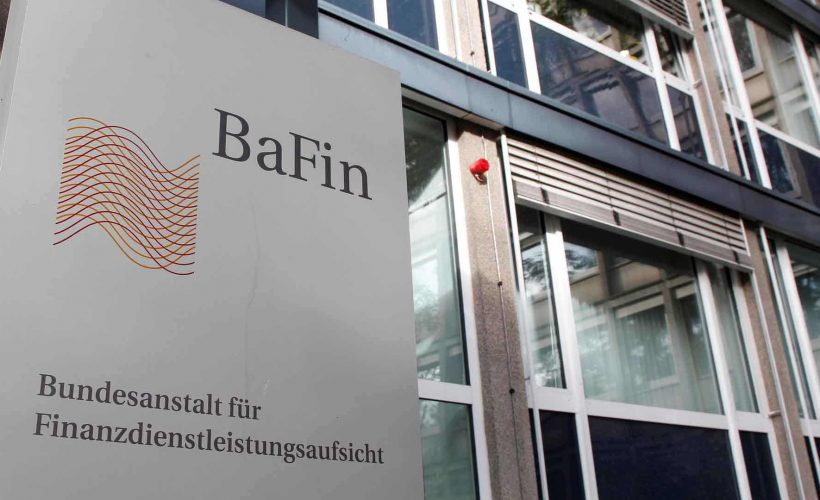One of the major financial regulators Germany has made an announcement in which it accuses the CoinBene cryptocurrency exchange of offering unlicensed trading services.
The Bundesanstalt für Finanzdienstleistungsaufsicht (BaFin) warns traders in its announcement to not use CoinBene, as the platform does not hold any operation license. Another claim mentioned is that CoinBene has been employing freelance cryptocurrency traders to make the trades for their platform.
According to the announcement, CoinBene LTD Germany does not appear to be listed in the commercial register of the country. Cryptocurrencies are currently classified in Germany as “financial instruments.” Due to this classification, trading operations in the country should receive authorization from the German Banking Act Kreditwesengesetz (KWG).
CoinBene has denied that it was operating or intending to open a subsidiary in Germany. From a tweet made before BaFin’s announcement, the Coinbene job offers for Germany-based freelance cryptocurrency traders were false.
https://twitter.com/CoinBene/status/1132177084472745987
As CoinBene is denying having any operating offices in Germany, we are left wondering who in fact operates CoinBene LTD Germany. The company does not appear anywhere in the country’s commercial registry, and no individual can be pinned to the operation.
But this is not the first accusation brought to CoinBene. Many from the crypto community believed that in April that CoinBene had suffered a hacked after they noticed a large amount of cryptocurrency leaving the exchange.
CoinBene countered this claim by responding that the platform was “undergoing maintenance.” But after a month had passed and another $100 million had left the exchange, the company still claimed that it was still under maintenance.
It was later proven by researchers from analytics firm CipherTrace that the CoinBene “maintenance” was actually a cover for a hack, making the discovery that the exchange lost $105 million in cryptocurrency from March 25 to 28 when the hack allegedly occurred.
Featured image: Incrypts
